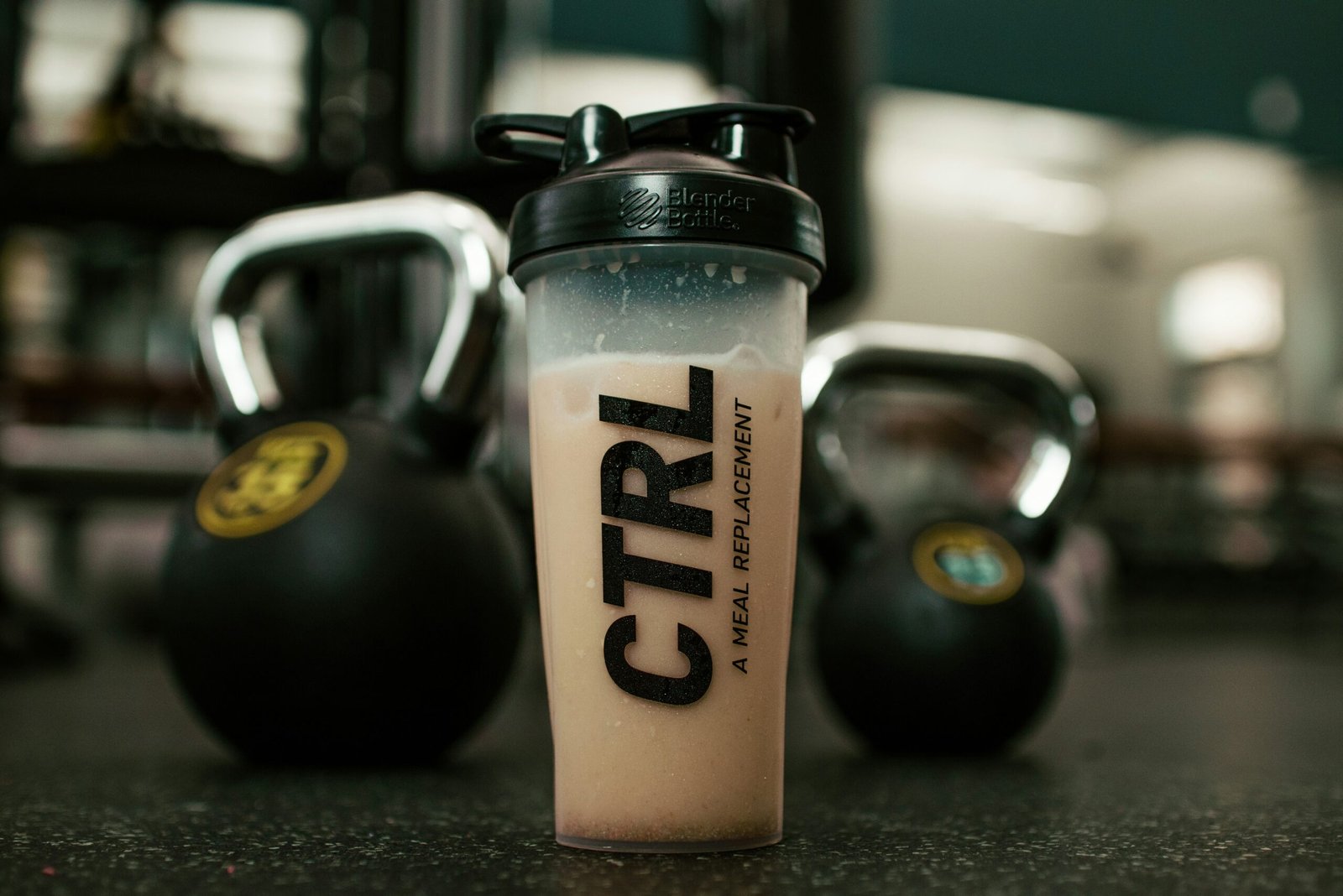How Long Should a Beginner Do Cardio? Fun and effective cardio workouts for beginners
3 min read
Starting a new fitness journey can be both exciting and overwhelming, especially when it comes to cardio workouts. Many beginners wonder, “How long should a beginner do dardio?” to get the best results. The truth is, there isn’t a one-size-fits-all answer. The duration of cardio workouts for beginners depends on various factors such as fitness level, goals, and overall health.
Cardio: More Than Just Boring Steady-State
Before we dive into the recommended duration for beginners, let’s debunk the myth that cardio has to be boring or limited to steady-state exercises like jogging or walking on a treadmill. While traditional cardio exercises have their benefits, there are plenty of fun and effective alternatives that can keep beginners engaged and motivated.
High-Intensity Interval Training (HIIT) is a popular option for beginners who want to maximize their workout time and burn calories efficiently. HIIT involves short bursts of intense exercises followed by brief recovery periods. This type of cardio can be done with various exercises such as jumping jacks, burpees, or mountain climbers. Beginners can start with 10-15 minutes of HIIT and gradually increase the duration as they build endurance.
Dancing is another enjoyable cardio option for beginners. Whether it’s Zumba, hip-hop, or salsa, dancing not only gets your heart rate up but also improves coordination and boosts mood. You can follow along with online dance tutorials or join a local class to make it a social activity.
For those who prefer low-impact exercises, swimming or cycling can be great choices. These activities are gentle on the joints while still providing an effective cardiovascular workout. Beginners can aim for 20-30 minutes of swimming or cycling, gradually increasing the time and intensity as they become more comfortable.
Duration Guidelines for Beginners
When it comes to the duration of cardio workouts for beginners, it’s important to start gradually and listen to your body. Pushing too hard or doing too much too soon can lead to injuries or burnout. Here are some general guidelines to help beginners get started:
- Begin with 10-15 minutes of cardio, three times per week. This can be a mix of different exercises or one specific activity.
- As your fitness level improves, gradually increase the duration to 20-30 minutes, four to five times per week.
- Remember to include rest days in your routine to allow your body to recover and prevent overtraining.
It’s important to note that these guidelines are just a starting point. Every individual is unique, and it’s essential to listen to your body and adjust the duration based on how you feel. If you experience any pain or discomfort, it’s always wise to consult with a healthcare professional or a certified fitness trainer.
Setting Realistic Goals
When beginning a cardio routine, it’s crucial to set realistic goals and focus on progress rather than perfection. Don’t get discouraged if you can’t run for 30 minutes straight or complete a high-intensity workout right away. Remember, everyone starts somewhere, and consistency is key.
Instead of solely focusing on duration, consider other aspects of your cardio workouts, such as intensity, variety, and enjoyment. Mixing up different exercises and challenging yourself with new routines can keep you motivated and prevent boredom.
Additionally, don’t forget to incorporate strength training into your fitness routine. Building muscle not only helps burn more calories but also improves overall fitness and body composition.
Conclusion
So, how long should a beginner do cardio? The answer lies in finding a balance that works for you. Start with shorter durations and gradually increase the time as your fitness level improves. Remember to choose exercises that you enjoy and mix up your routine to keep things exciting.
Whether it’s HIIT, dancing, swimming, or cycling, there are plenty of fun and effective cardio options for beginners. The most important thing is to listen to your body, set realistic goals, and stay consistent. With time and dedication, you’ll be well on your way to achieving your fitness goals and enjoying the numerous benefits of cardio exercise.




